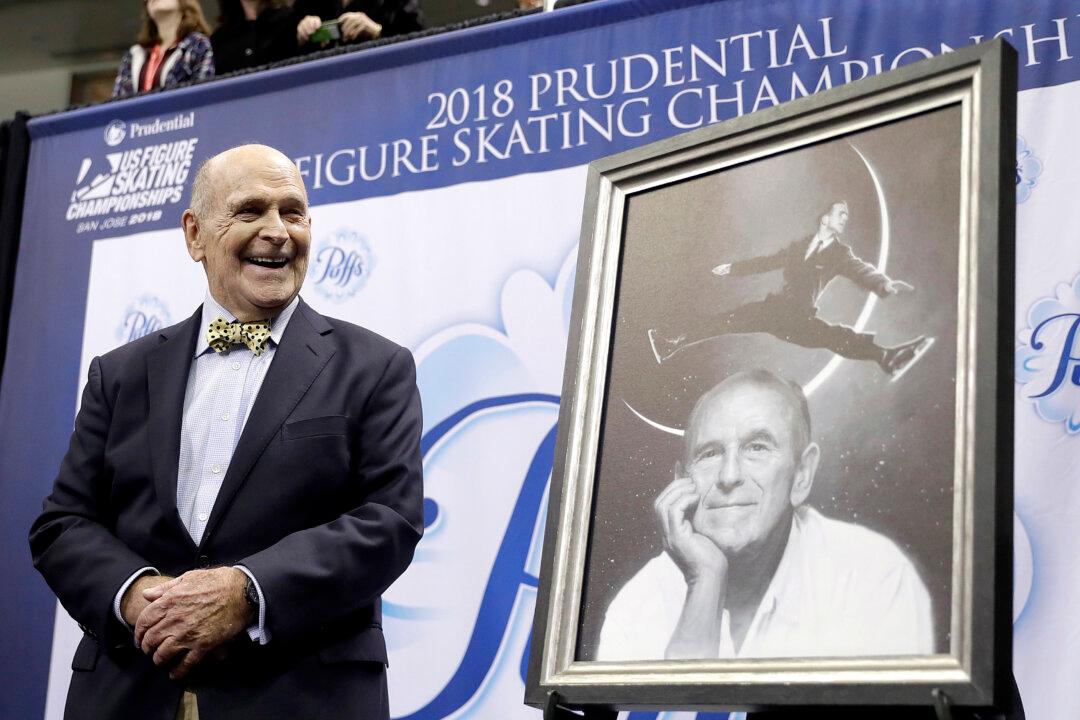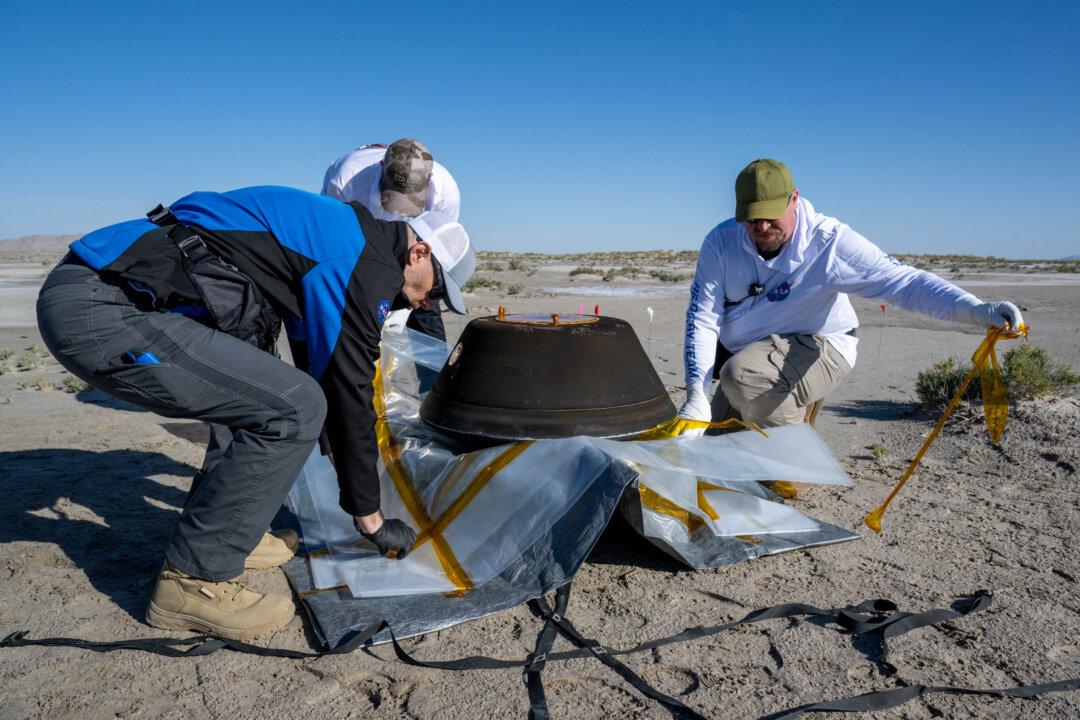The biggest U.S. college admissions cheating scam highlights the power that coaches of low-profile sports such as sailing, crew and water polo can have on student recruitment.
Without the focus or funding enjoyed by the heads of top college football and basketball teams, these obscure influencers turned out to be major players in a scheme to sell admissions slots to the wealthy parents of children with no real sports credentials.
“The sports involved here were ones that really do fly under the radar,” said Anna Ivey, who advises parents and students on how to get into top colleges. “There would probably be a lot more attention if someone were a recruited athlete for a big money-making team.”
No figures are publicly available on how many slots college admissions offices reserve for athletic recruits each year, but they can add up to dozens at large universities, recruited athletes and college admissions advisers said in interviews this week.
“Most schools are usually closely guarded on this,” said Mike Newcomer, founder of Bulldog Tutors, a college consulting and tutoring company in New Haven, Connecticut.
Parents and high school students have increasingly turned to athletic recruitment as an advantage in the admissions process over the past two decades, Newcomer said.
“This didn’t exist 20 years ago in quite the same way,” he said.
Some 50 people, including 33 parents, were charged with taking part in the scheme masterminded by William Singer, in which coaches took bribes to admit students they falsely identified as top prospects in crew, tennis and water polo, even if they had little to no experience in those sports and no intent to compete once they reached college.
Singer pleaded guilty on Tuesday. Hollywood actress Lori Loughlin was dropped by a TV network and her daughter lost a sponsorship deal on Thursday, while students sued prestigious universities in growing fallout from the massive scandal.
Stanford University, the University of California Los Angeles, the University of Texas and the University of Southern California this week fired or suspended coaches linked to the fraud scheme, while a top Yale University coach resigned late last year after he began cooperating with investigators.
A Wake Forest spokeswoman said the school only admits students which it believes will succeed academically. Georgetown’s policy allows coaches to recruit athletes who will help its teams, with approval by admissions staff. With Stanford, athletic abilities can help but cannot guarantee admission.
Yale, UCLA and the University of Texas did not respond to inquiries about their recruitment processes, and USC declined to comment.
Schools say they allow coaches to recruit athletes into lesser-watched sports such as tennis and sailing to ensure that their teams perform well and that they have well-rounded student bodies.
Particularly for sports without scholarships, such informal arrangements can provide a nudge over the line for a student who is close to meeting a school’s admissions standards, according to recruited athletes.
Taylor Garcia, a 19-year-old freshman tennis player at Washington & Lee University in Lexington, Virginia, said coaches from multiple schools approached her when she was a nationally ranked high school athlete.
“Tennis probably helped me in the admissions process, but I wouldn’t say anyone ever promised me anything,” Garcia said.
But bribes bought promises under Singer’s scheme.
“What we do is we help the wealthiest families in the U.S. get their kids into school .... My families want a guarantee,” Singer told one client in a wire-tapped conversation, according to court papers.





